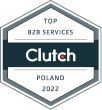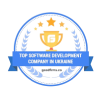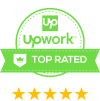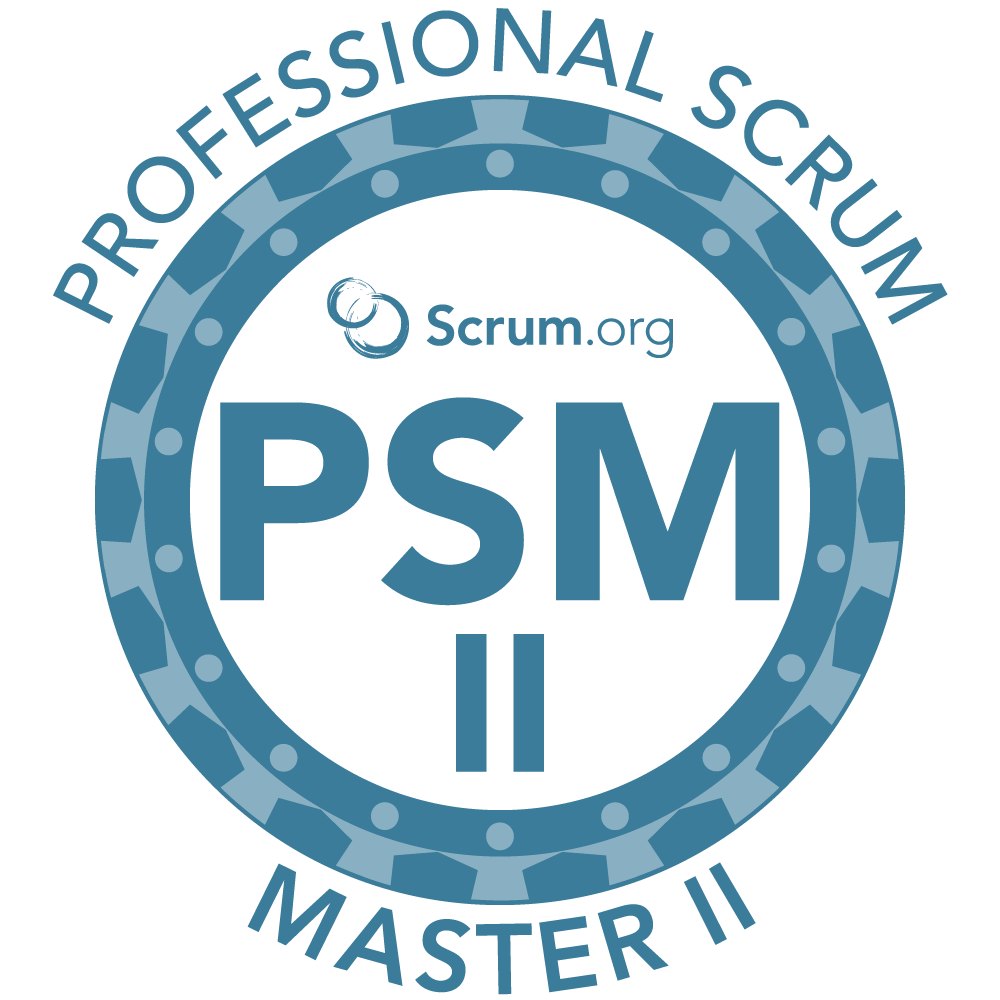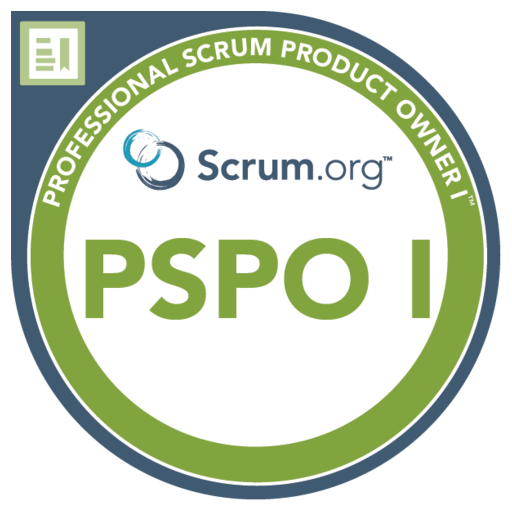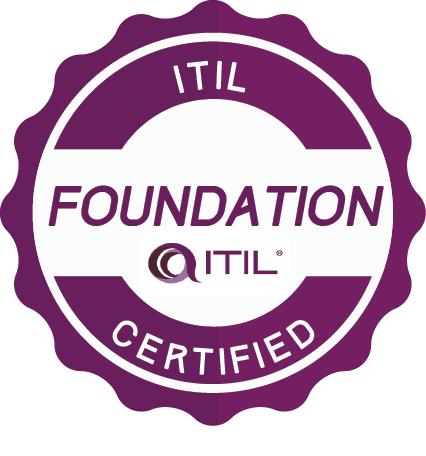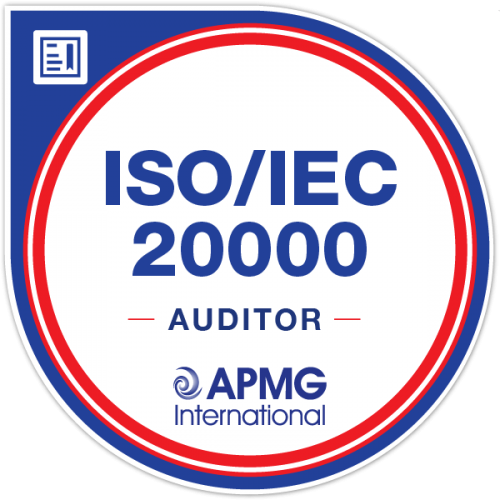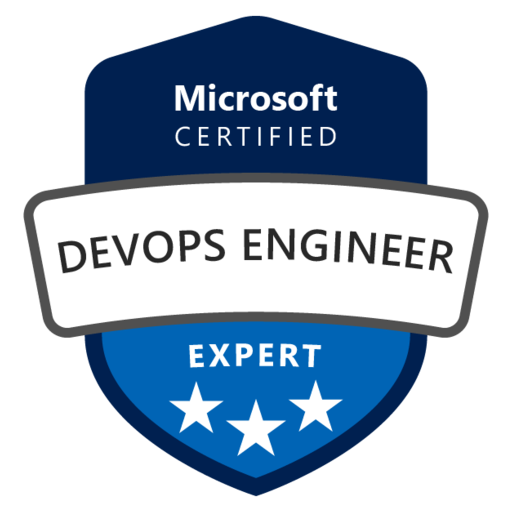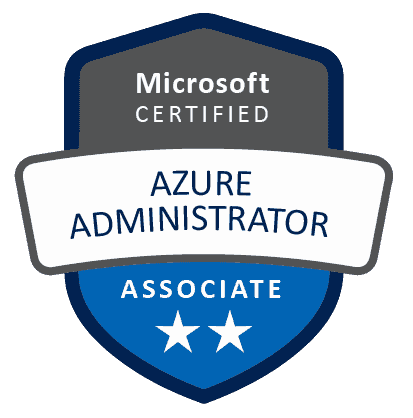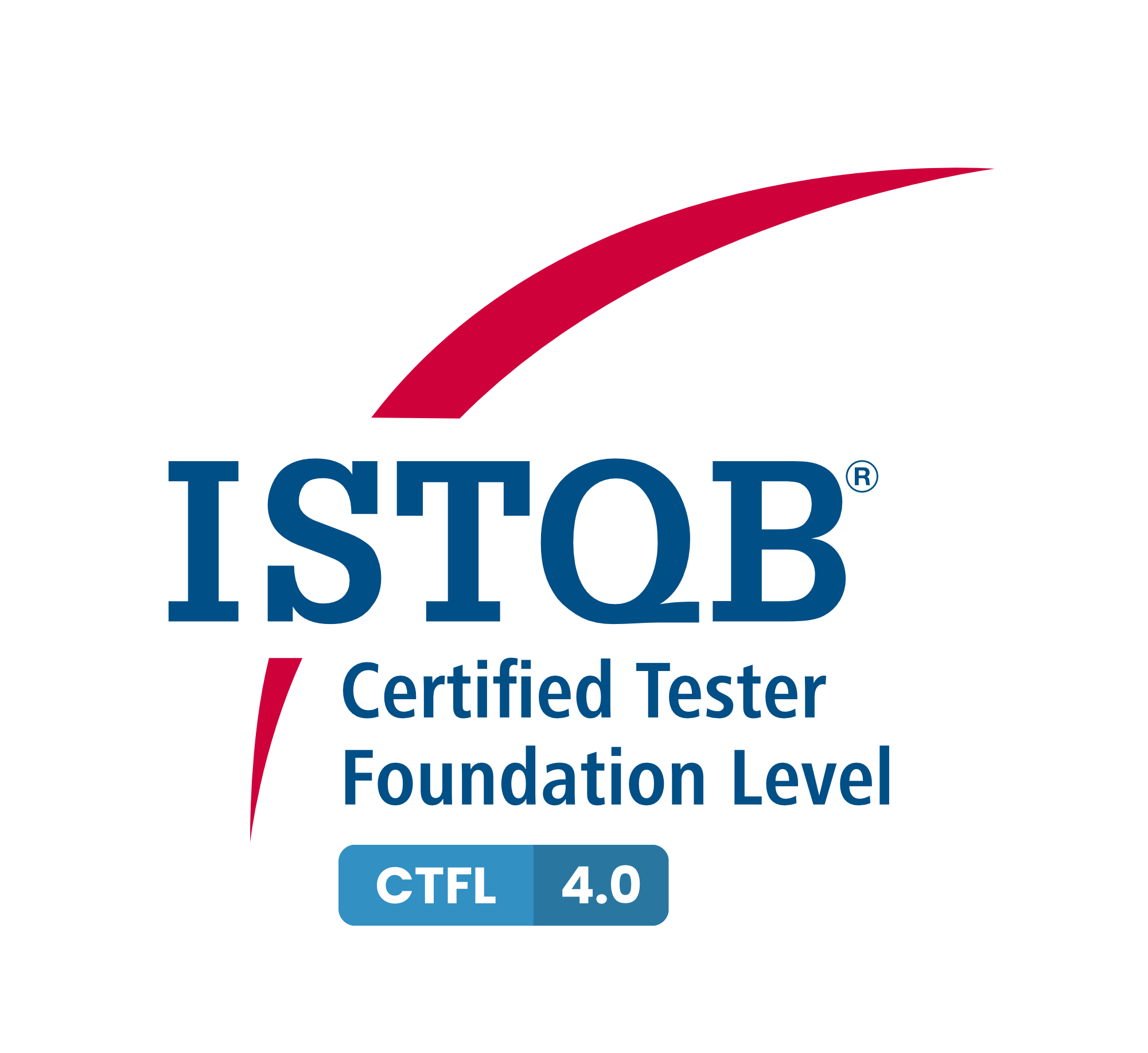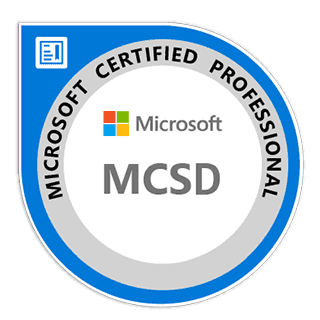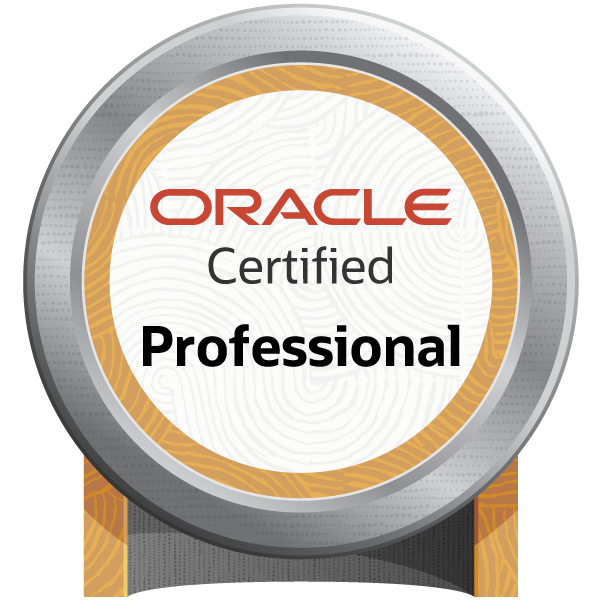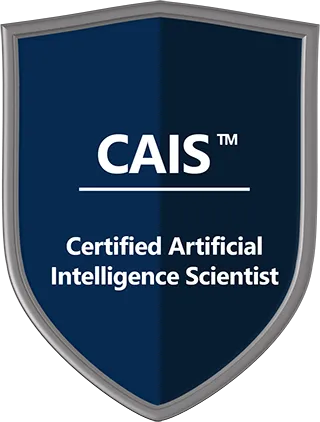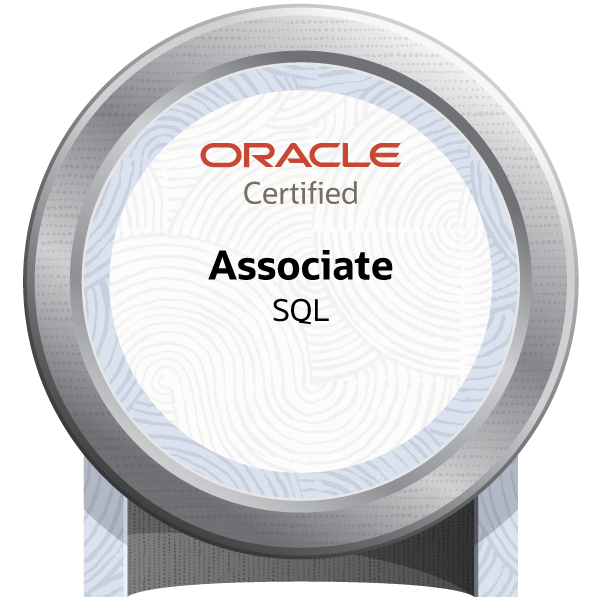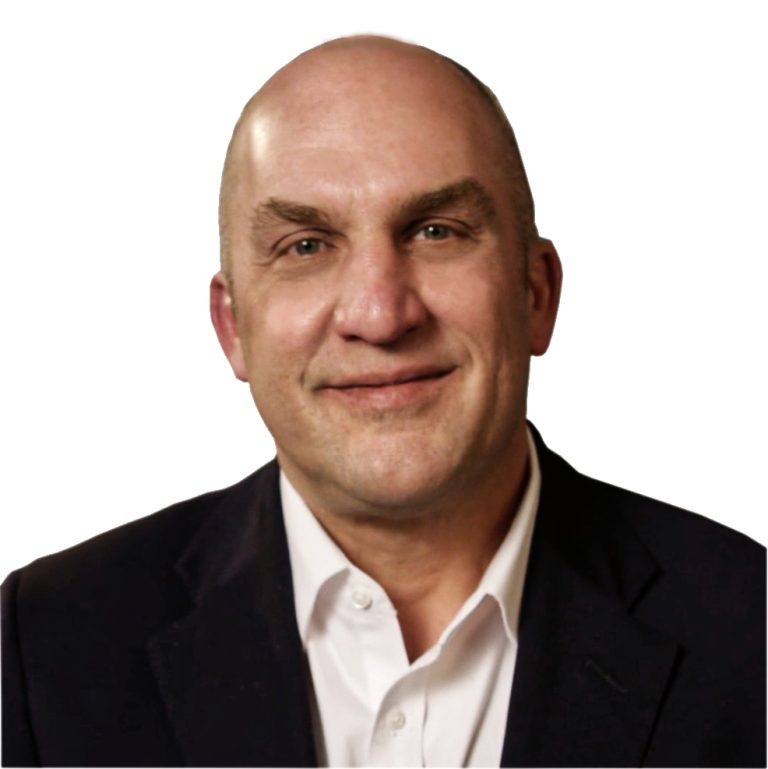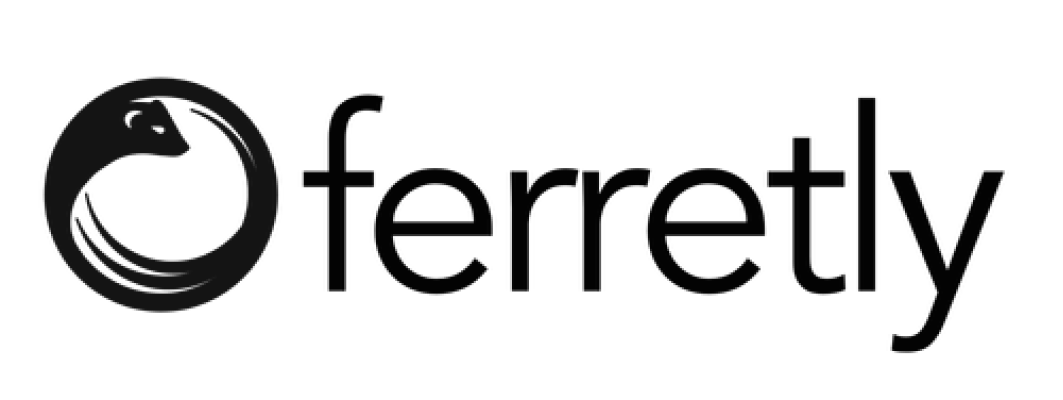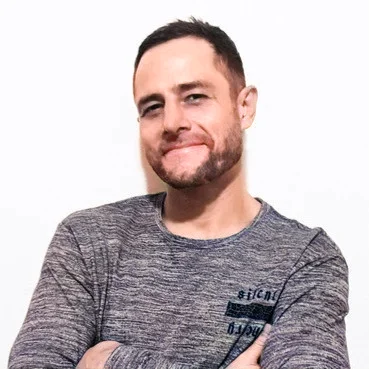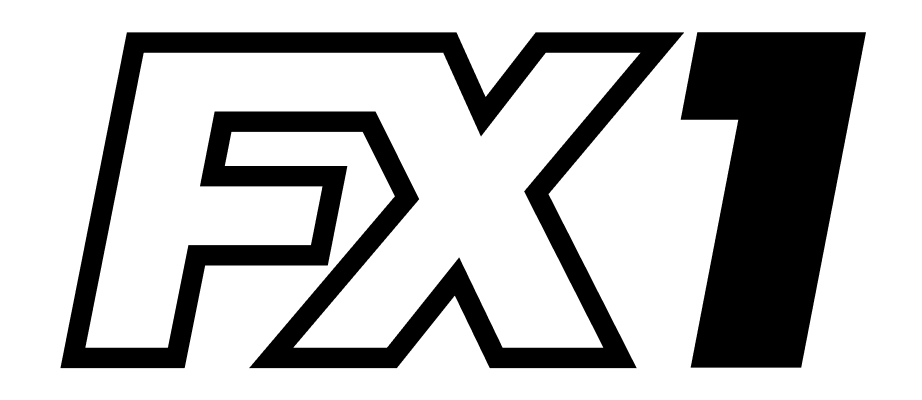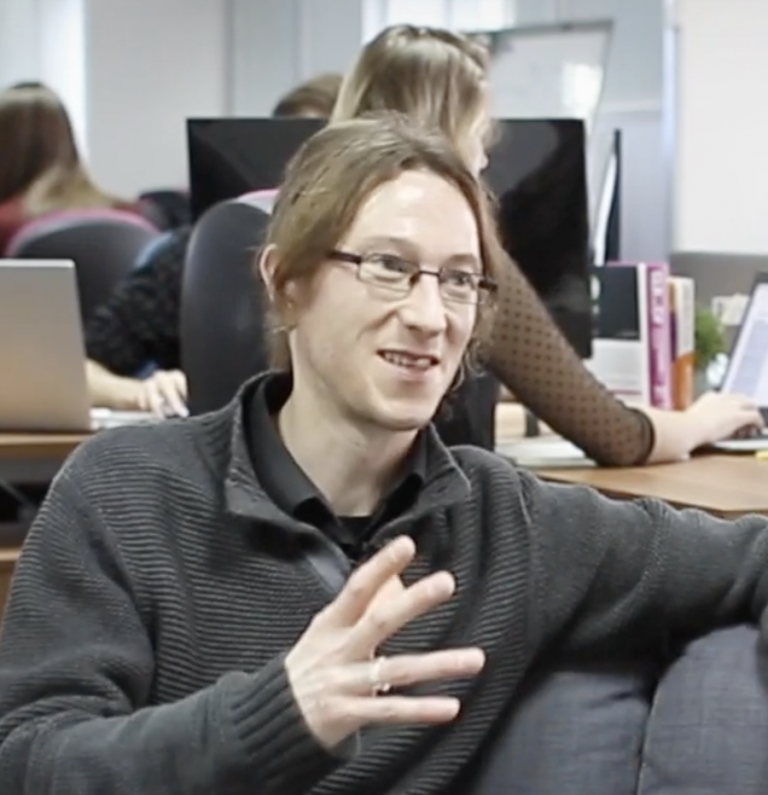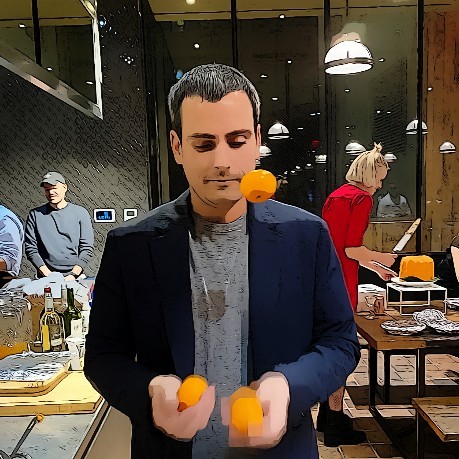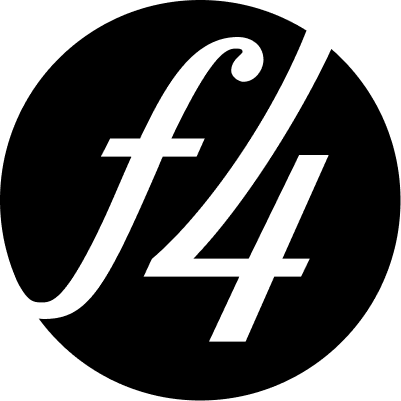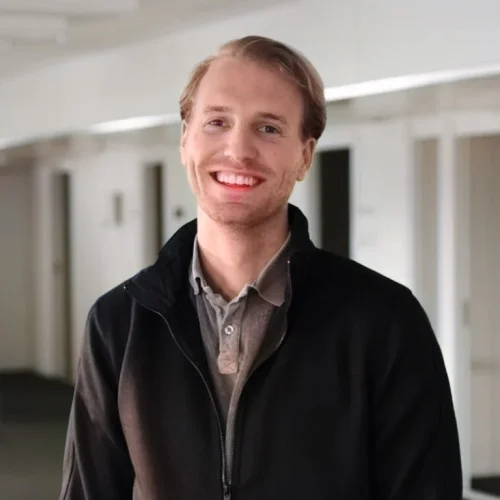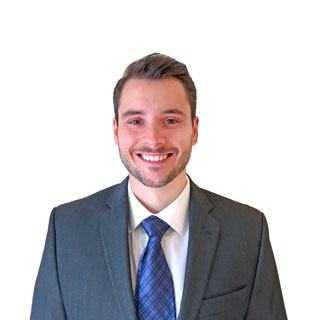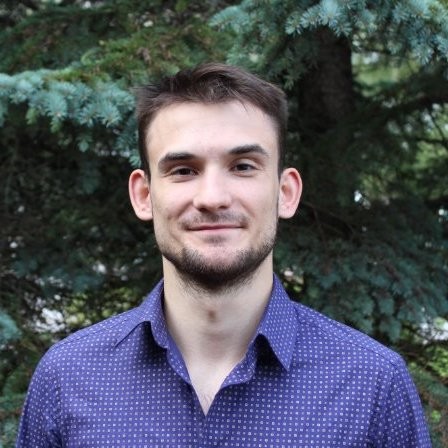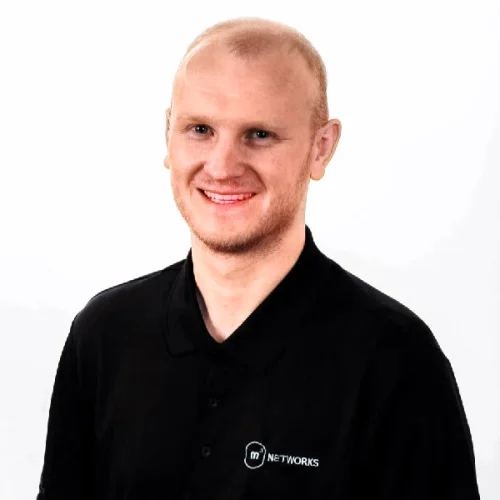Navigate the complex landscape of DAOs, ensuring their initiative is well-positioned for success from the outset: we can provide insights into how blockchain and DAO can be integrated into your business model. This includes strategic planning to ensure DAO aligns with your organization’s goals and regulatory requirements.
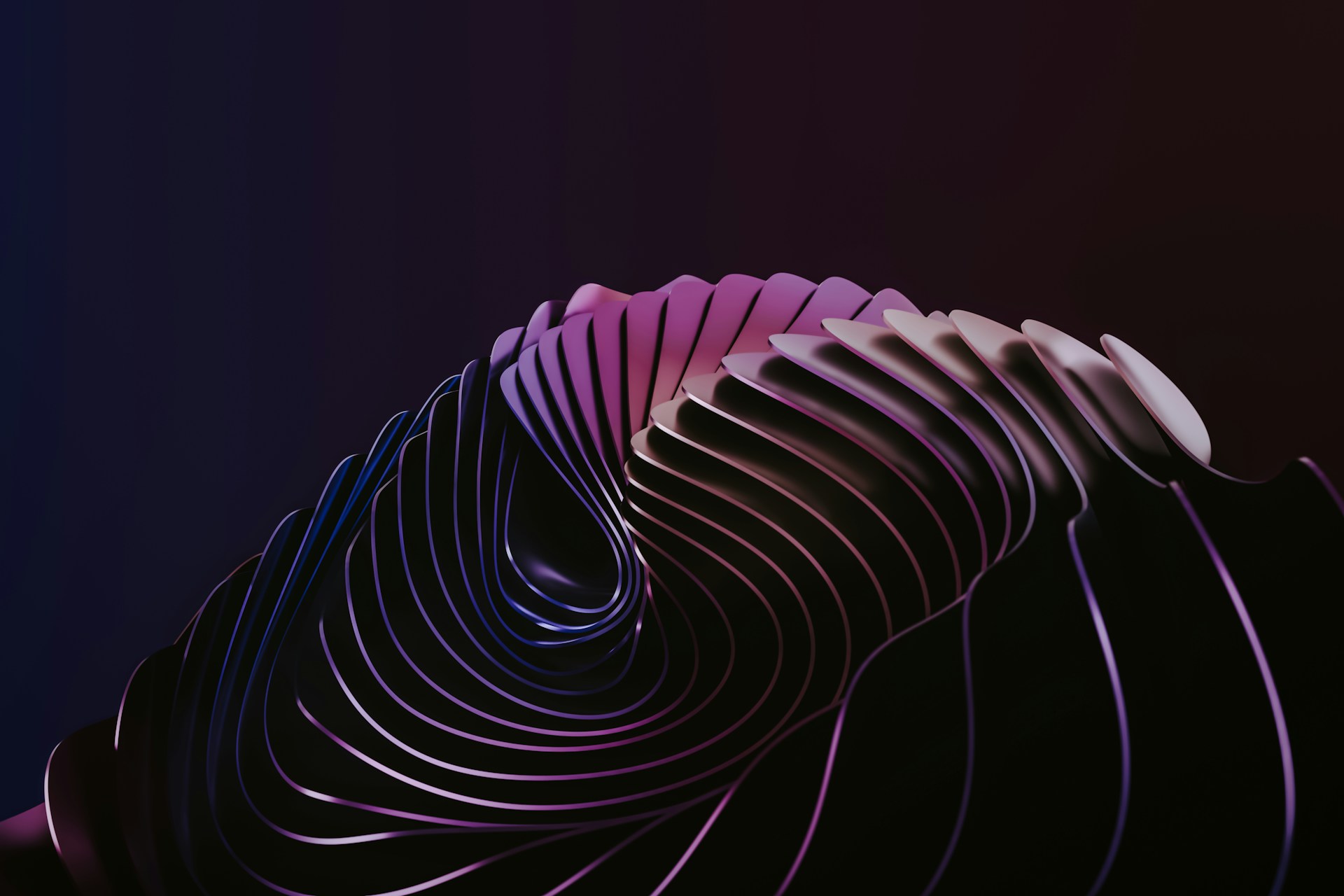
DAO Development Company
What is DAO?
Decentralized Autonomous Organization (DAO) is a blockchain-based entity whose governance format is determined on the level of smart contracts. It has no central leadership and is operated entirely by members who make decisions collectively.
Decisions in DAOs are made by voting, the subject and the format of which can vary. Voting power in DAOs is allocated via the so-called Governance Coin
Governance coin is DAO’s crypto token that serves an administrative purpose. The more tokens a member possesses, the more voting right this person has.
DAOs can represent an organization of any type. It can be a large corporation or a small non-profit. It can even be a school's parent committee or inhabitants of the same multiapartment building, collaborating on the day-to-day issues.
Types of DAOs We Develop
The decentralized autonomous organization examples include several types, all suitable for different organizations and different needs. Get acquainted with how can DAOs be organized and built.
-
Protocol DAOs
These DAOs govern specific protocols in the blockchain ecosystem, particularly in decentralized finance (DeFi). They manage changes to the protocol's rules, updates, and parameter adjustments. Participants use tokens to vote on proposals affecting the development and operation of the protocol. Examples include MakerDAO and Compound, which allow token holders to make decisions about aspects like fee structures and feature implementations.
-
Investment DAOs
Investment DAOs pool resources from a group of members to make collective investment decisions. These DAOs democratize investment opportunities, allowing members to propose, vote on, and invest in projects or assets collectively. They operate transparently and can significantly lower barriers to entry for individual investors. Examples include The LAO and MetaCartel Ventures, focusing on funding early-stage blockchain projects.
-
Grant DAOs
Grant DAOs are set up to manage and allocate funds for grants in a decentralized manner. They are often used to support open-source projects, community initiatives, and other activities that align with the DAO’s mission. Decisions about which projects receive funding are made collectively by the community. Examples include MolochDAO, which supports Ethereum infrastructure projects.
-
Service DAOs
Service DAOs consist of individuals who come together to provide services in exchange for payment, which is then distributed according to the DAO's rules. These can include freelance services, creative work, or other professional services. This model promotes a cooperative working environment where members govern themselves and share in the profits.
-
Social DAOs
Social DAOs are formed around shared interests, goals, or values, focusing on building a community or social networking. These DAOs often engage in activities such as organizing events, creating content, or other community-driven projects. They use the DAO structure to manage membership, governance, and community initiatives democratically.
-
Collector DAOs
These DAOs are formed for the purpose of acquiring, managing, and curating collections of valuable items, often digital assets like NFTs (non-fungible tokens). Members contribute funds to acquire assets, and decisions regarding purchases or sales are made collectively. An example is Flamingo DAO, which focuses on collecting valuable NFTs.
-
Philanthropy DAOs
Philanthropy DAOs leverage the DAO structure to manage and distribute charitable contributions in a transparent and accountable way. They allow members to propose, vote on, and fund charitable activities and initiatives that align with the collective values of the DAO’s members.
Our DAO Development Services
The essence of DAO token is the same for every existing DAO type. However, it’s the range of other operations that define its capability and productiveness. See what Devox can do for you.
-
Consultation and Strategy Development
-
DAO Tools and Infrastructure Setup
We select and set up the necessary tools and infrastructure required for an effective DAO operation. You will get a fully configured system including governance platforms, voting mechanisms, and other operational tools that facilitate the smooth running of the DAO.
-
Smart Contract Development
The core of any DAO is its smart contracts. These are autonomous, self-executing contracts with the terms directly written into code. Developers create and deploy these contracts to manage the operations and rules of the DAO without human intervention.
Writing and deploying the autonomous scripts that will govern the DAO’s operations based on predefined rules. Receive custom-developed smart contracts that are aligned with your company goals to automate various functions such as governance, transactions, and member interactions.
-
Security Audits and Testing
This service is critical to ensuring the security and reliability of the DAO, safeguarding it against attacks and losses. We can examine your DAO’s smart contracts and associated code to identify and rectify security vulnerabilities, potential bugs, and exploits before the system goes live. Devox will provide detailed reports on security flaws, recommendations for improvements, and verification of the integrity of their smart contracts.
-
Legal Compliance and Advisory
Protect yourself from legal risks and be positive your DAO structure adheres to applicable laws and regulations, which can vary significantly across different jurisdictions. We will provide guidance on structuring your DAO to comply with legal standards, including advice on regulatory matters, risk management, and the implications of token issuance.
Benefits of DAO Development
Blockchain DAO and decentralization offer much more than meets the eye. Let Web3 upgrade your project and your community on a different level.
-
Decentralized Governance
Achieve genuine democracy in your decision-making process and unforged equality between the stakeholders by design. DAOs operate on a governance model that is not centralized in a single authority, which is how governance spreads among all the parties that hold tokens or stakes in the DAO.
-
Transparency
Anything happening on the blockchain is traceable and verifiable, which is a synonym for transparency and building trust among participants and stakeholders. Every transaction and decision in a DAO is recorded on publicly accessible and immutable space (blockchain).
-
Automation
Rely on the smart contracts’ power to enforce rules without human intervention: their supertask is automating processes when a condition is met. This is how a chance of a human error and unnecessary intermediaries go down to zero, while operations are conducted faster with significant budget savings.
-
Effortless Security
Compromising blockchain’s infrastructure is incredibly hard: the consolidated work of consensus mechanisms and cryptography protects DAOs from hacking and unauthorized access. Because DAO’s decentralized nature requires agreement among all the parties involved, hacking even the majority of the nodes will still not give the attackers the desired result. DAOs do not have a central point of failure and are thus more resilient to attacks, technical failures, or other disruptions that might cripple a centralized organization.
-
Flexibility and Scalability
DAOs can be designed to be incredibly flexible, adapting to new regulations, technologies, and markets more readily than traditional organizations. They can scale up or down without significant restructuring.
-
Innovative Funding Models
DAOs open up new avenues for funding projects and ventures. Let participants invest directly through tokens and have a direct say in the organization’s direction to align incentives between stakeholders and the organization, generate initial funding through token sales, conduct crowdfunding, and leverage effective treasury management.
Key Features of DAO
Governance Token
Governance tokens are blockchain tokens that embody democratic principles in a DAO. Possessing these tokens gives members the right to influence the organization's direction. They are utilized to vote on proposals, initiate changes, or impact other key organizational decisions.
Smart Contracts
These are self-executing contracts with the terms of the agreement directly written into lines of code. Smart contracts are a critical feature in DAOs, enabling automated operations and enforcement of the organization’s rules.
Proposal Mechanism
This allows members to submit proposals for any change or action they believe the DAO should take. Proposals can range from altering the governance framework, to strategic changes, or allocations of the DAO’s funds.
Consensus Mechanism
This defines how decisions are validated within the DAO. Unlike traditional blockchains that may use Proof of Work or Proof of Stake, DAOs typically use mechanisms based on the agreement of their members, often requiring a certain percentage of votes to pass a proposal.
Decentralized Voting
Upholding democratic values, decentralized voting guarantees that every opinion is considered. This transparent system enables members to use their governance tokens to participate actively in the decision-making processes that define the DAO.
Treasury
Many DAOs have a treasury, which is essentially a smart contract where funds are stored and managed. The treasury funds are used according to the collective decisions of the DAO members, typically for growth initiatives, investments, and operational expenses.
Voting System
A crucial component of any DAO, the voting system enables token holders to vote on proposals. This system uses blockchain technology to ensure that votes are cast securely and are tamper-proof. Voting rights are often proportional to a member's quantity of governance tokens.
Communication Platform
While not a blockchain component, communication platforms are essential for the functioning of a DAO, providing a space for discussion, collaboration, and decision-making among members. Platforms like Discord, forums, or dedicated DAO platforms are commonly used.
Industry Contribution Awards & Certifications
Check Devox Software Awards on rating & review platforms among top software development companies and Certifications our team members holds.
- Awards
- Certifications

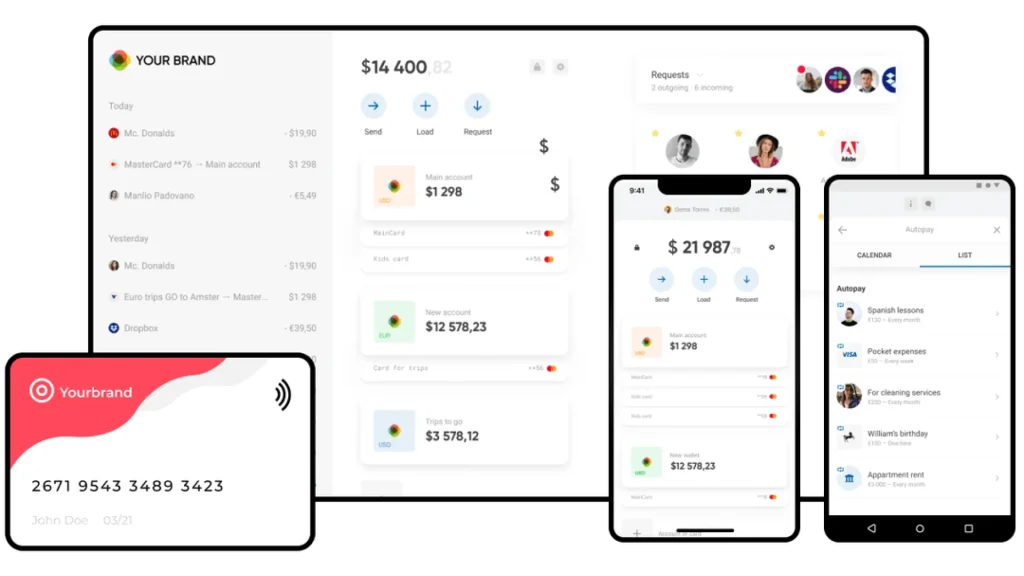
Web 3 White-label PaaS NeoBank
Our client is a blockchain technology firm that has a network of international financial service provider partners. The project is a white-label PaaS ecosystem for neo banking solutions based on the blockchain network.
Additional Info
USA

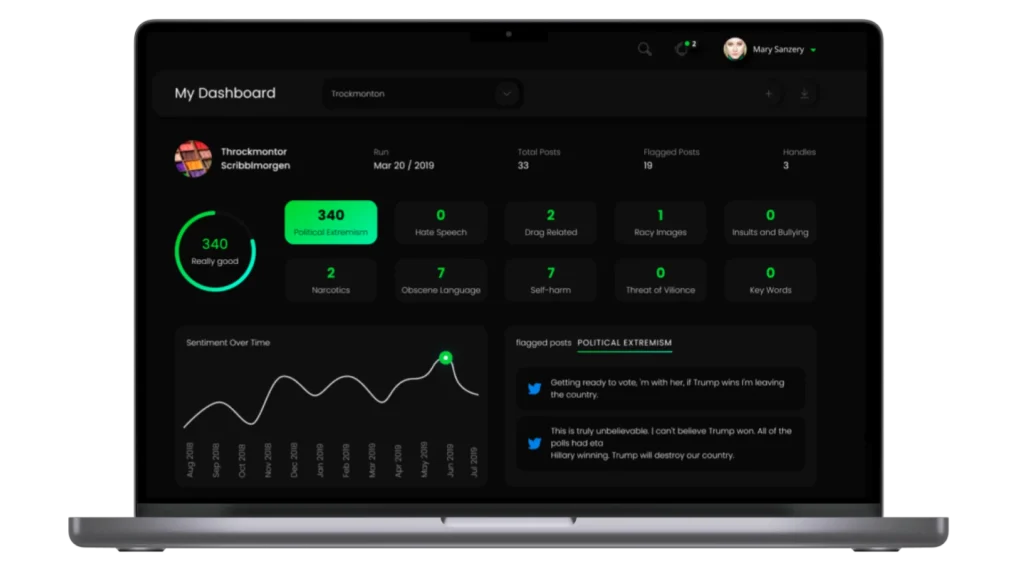
Social Media Screening Platform
The project is a web-based AI-powered platform for comprehensive social media background screening. Its supertask is to streamline potential employee background checks for companies, tackling employment risk management.
Additional Info
- .NET Core
- Angular
- Azure
- Docker
- GitLab CI/CD
- Selenium Web Driver
USA

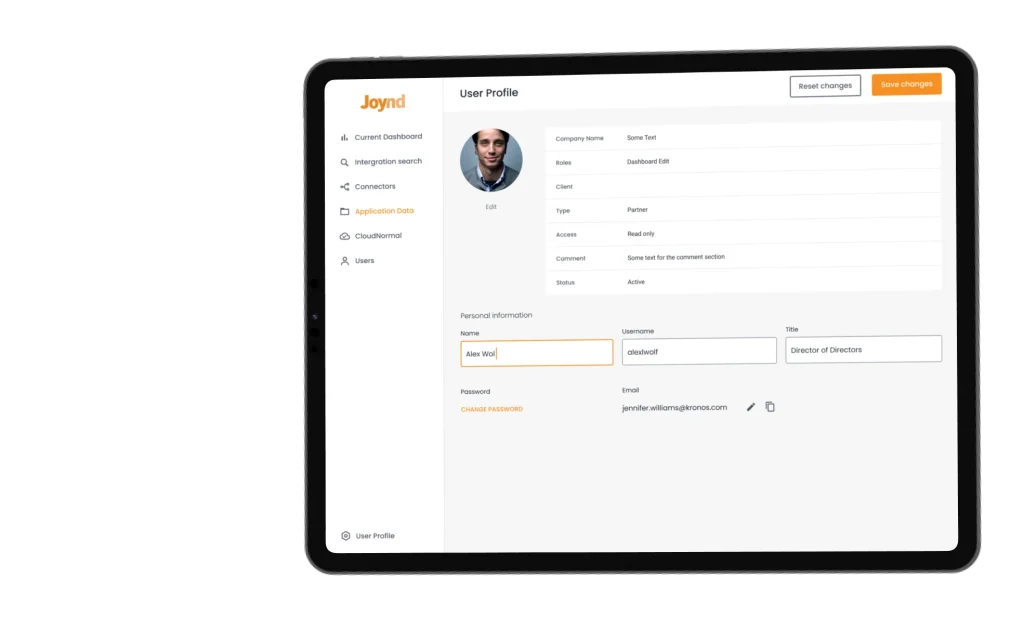
Streamlining HR tools for efficiency
Joynd is a system that integrates different HR tools into one platform, allowing client companies to leverage the potential of different software within a single platform. The software connects companies who wish to use HR software from one side and such technical providers from the other side. It allows for a quick and effective integration with multiple suppliers.
Additional Info
- Angular
- NgRx
- RxJS
- Tailwind CSS
- .NET Core
- PostgreSQL
- AWS
- Docker
USA
Testimonials
FAQ
-
What is decentralized autonomous organization and how does it operate?
A DAO, or Decentralized Autonomous Organization, operates based on rules encoded as transparent computer programs, known as smart contracts, on a blockchain like Ethereum. It is essentially an organization governed by its members, with decisions made via proposals and votes. Every action and transaction is recorded on the blockchain, ensuring complete transparency and immutability. Members hold tokens which grant them voting rights proportional to their stake. This structure eliminates centralized authority and potential biases, making operations fully democratic and community-driven.
-
What technology stack is commonly used for developing a DAO?
The technology stack for developing a DAO typically includes Ethereum as the blockchain platform due to its robust support for smart contracts through Solidity programming language. Solidity is used to write the smart contracts that manage the DAO’s operations, including governance, treasury management, and automated decision-making processes. For the front-end user interface, web development frameworks like React or Vue.js are commonly used, integrated with blockchain interactions facilitated by libraries such as Web3.js or Ethers.js. This stack ensures a secure, efficient, and user-friendly experience for DAO members.
-
How can DAOs tailor governance models to different types of organizations?
DAO organization offers flexible governance models that can be customized to fit the specific needs of various organizations, whether they are non-profits, investment groups, or creative collectives. For instance, a non-profit might implement a DAO to ensure that all spending decisions are made democratically by its contributors, increasing transparency and donor trust. On the other hand, a venture fund DAO could allow token holders to vote on investment decisions, aligning stakeholders’ interests directly with the financial performance of the investments. The smart contract-based governance model can be designed to accommodate weighted voting, quadratic voting, or any other democratic process that suits the organization’s goals.
-
What types of groups or communities are most likely to benefit from forming a DAO?
DAOs are particularly beneficial for groups that value decentralized governance and community-driven decision-making. These include open-source projects, where contributors can vote on development directions and fund allocations; investment clubs, where members make collective investment decisions; and fan communities, where fans can influence the creative decisions of artists or production studios. Additionally, DAOs can serve as an effective governance mechanism for managing decentralized finance (DeFi) protocols, allowing users to directly participate in protocol updates and treasury management.
-
What are the key steps involved in launching a DAO?
Launching a DAO program involves several key steps, starting with the conceptualization of its purpose and structure. This is followed by the technical development of smart contracts using a platform like Ethereum and programming languages like Solidity. Once the smart contracts are written, they undergo rigorous security audits to ensure they are free of vulnerabilities. After successful testing on a testnet, the DAO is deployed on the mainnet. The final steps involve issuing governance tokens to members, initiating community-building efforts to attract and engage stakeholders, and setting up the necessary tools and platforms for ongoing governance and operation. Continuous monitoring and iterative improvements based on member feedback are crucial to maintain the DAO’s relevance and effectiveness.
Schedule a Meeting to Discuss Your Goals
Well contact you within a couple of hours to schedule a meeting to discuss your goals.
Let's discuss your project!
Share the details of your project – like scope or business challenges. Our team will carefully study them and then we’ll figure out the next move together.
Thank You for Contacting Us!
We appreciate you reaching out. Your message has been received, and a member of our team will get back to you within 24 hours.
In the meantime, feel free to follow our social.





